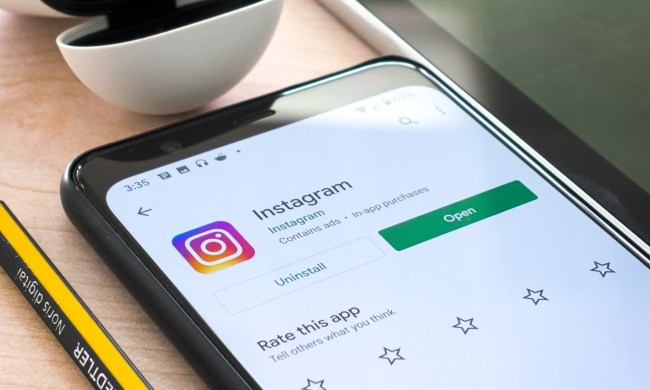
If you’re looking for great places to go camping this summer, your search just got a little easier. The Dyrt, which already features excellent search tools on its website, has launched a new mobile app that will allow outdoor enthusiasts to search, rate, and review campgrounds across the U.S. using only their smartphones, something that could prove very handy when setting out on a camping excursion.
The mobile app, which is available for iOS and Android, taps into The Dyrt’s exciting database of more than 30,000 campgrounds located through the U.S. Users can search based on their current location or look for places to camp at destinations where they intend to travel to in the future.
The list of campsites can be filtered based on whether or not they accept tented camping, trailers, or recreational vehicles. The app features not only campgrounds that are found within national, state, and local parks, but also private campsites and those found on Bureau of Land Management lands. All of the database entries include information on how to contact the campsite and the best way to make reservations to stay there.
Perhaps more importantly, Dyrt users can read reviews of the campsites posted by other campers. This can help them to determine whether or not a specific campsite is a good fit for them or if it should be avoided altogether. Most of the reviews include photos to help get a sense of what the place looks like, and its location on a map gives users a sense of how close it is to local attractions, restaurants, stores, and so on.
The Dyrt has already done a good job of building an online community for its users to share information and post reviews. That community is reportedly so active that a new user signs up once every 60 seconds. Reviewers are rewarded using a point system, with a leaderboard tracking who the top contributors are. Those who post reviews on a regular basis are also eligible to win prizes including gift cards and outdoor gear.
If you’re planning on doing some camping this summer, or at some other point down the road, you might want to check out The Dyrt before you decide where to pitch your tent. You may avoid staying at a campsite that doesn’t fit your needs or find some hidden gems you didn’t even know existed. Download the app now or check out The Dyrt website.

